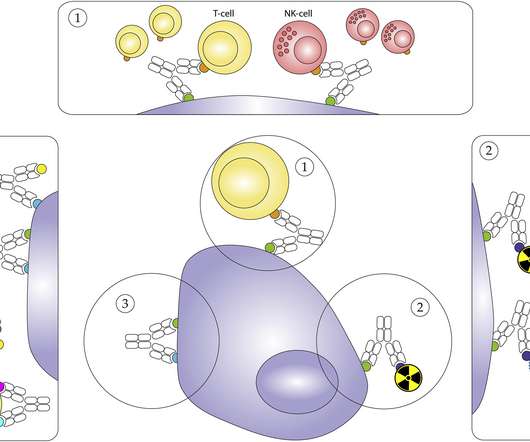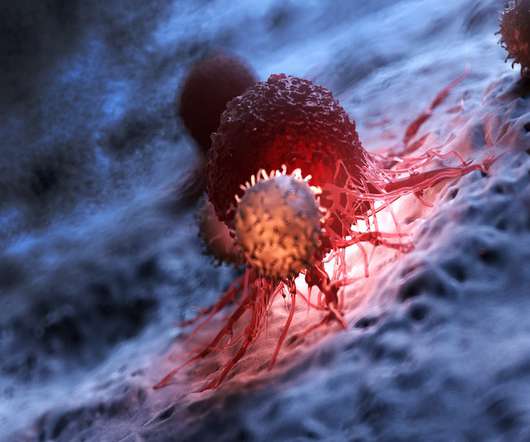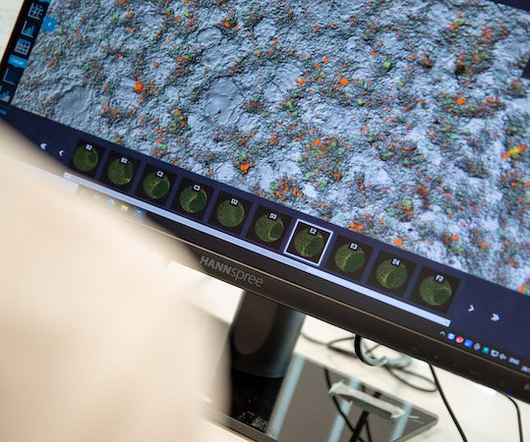Using bispecific antibodies to advance cancer immunotherapy
pharmaphorum
NOVEMBER 2, 2021
Dr Laura Moriarty, senior marketing manager at Bio-Rad, looks at the impressive immuno-therapeutic potential of bispecific antibodies (bsAbs). Though their bispecific nature complicates large-scale production and purification workflows, with challenges such as antibody chain mispairing, bsAbs have come a long way since first developed.












Let's personalize your content